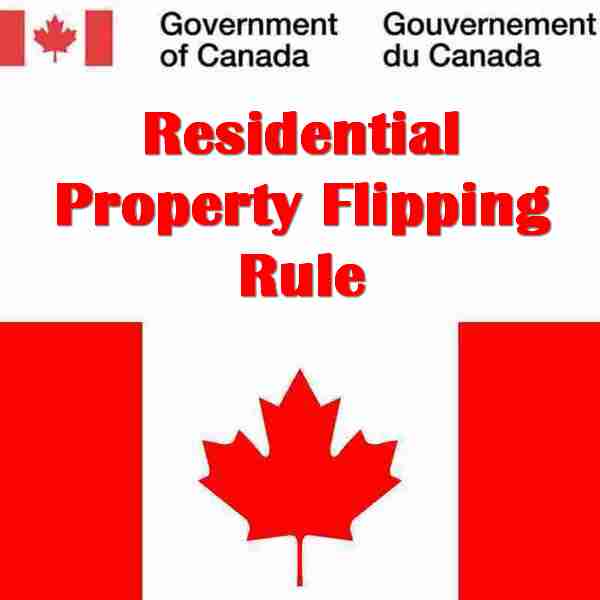Starting January 1, 2023, a couple of measures to cool the real estate market will come into effect. The timing is a little off but that shouldn’t be a surprise.
First there is the ban on foreign buyers for two years. There are rumours that there might be areas such as Whistler that might be exempt but nothing official has come out. For foreign buyers, purchase agreements signed before January 1, 2023 will be allowed to close.
Second is the residential property flipping rule (RPFR). Starting on January 1, 2023 if a residential property (including a rental property) were sold after owning it for less than 12 months, the profits would be deemed business income. That is, you cannot claim principal residence capital gains exemption or even claim it to be capital gains to reduce the amount of taxes you will have to pay.
For pre-sales, this 12-month period starts when you take possession of the property. However, for assignment of the pre-sale contract, there is a 12 month period that starts when you sign the contract. So an assignment sale where the contract was held for less than 12 months, the profit will also be considered business income.
There is a list of life events such as death and divorce where you may be exempt from this rule. Definitely get tax advice if you were to sell a property after less than 12 months of possession.
For the official wording, go to the official government site: https://www.budget.canada.ca/fes-eea/2022/report-rapport/tm-mf-en.html#personal-income-tax-measures
Note while this new rule makes it quite clear when profits from the sale of a property is deemed to be business income, this does not mean if you sell your property after 12 months that you can avoid paying taxes on the profit if you are flipping properties. CRA has a set of criteria to determine if a property is deemed “flipped”. This new rule just allows them to go after the low hanging fruits much easier.



